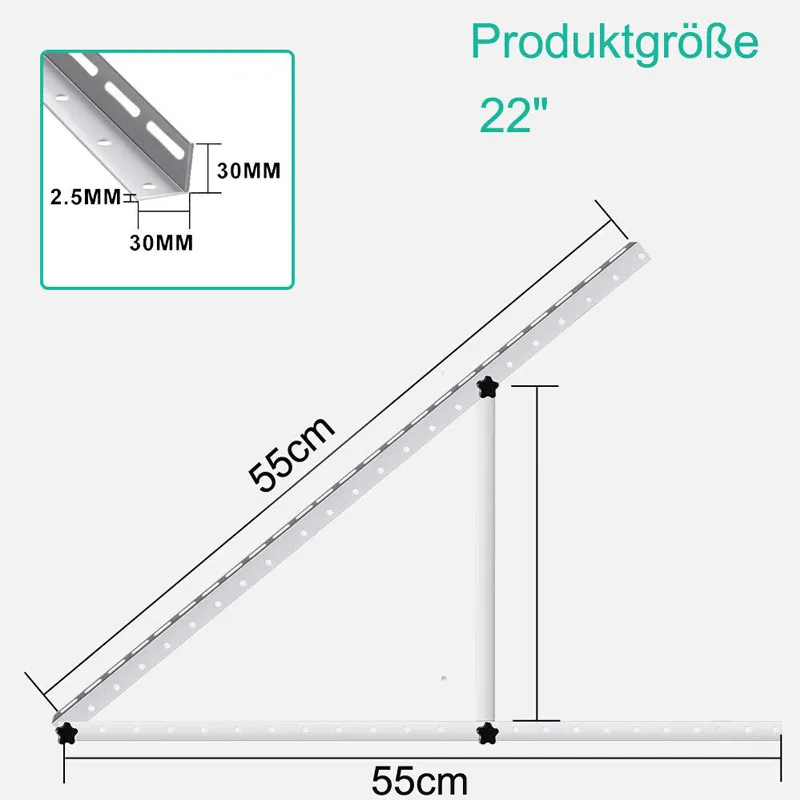

insulation fasteners
Oct . 08, 2024 03:30 Back to list
insulation fasteners
Understanding Insulation Fasteners Key to Effective Insulation Installation
Insulation plays a crucial role in enhancing energy efficiency and maintaining comfortable indoor environments in both residential and commercial buildings. However, the effectiveness of insulation depends not only on the type and thickness of the material used but also on how it is installed. This is where insulation fasteners come into play. These critical components ensure that insulation materials stay securely in place, preventing air infiltration and maximizing thermal performance.
Insulation fasteners are specialized hardware designed to attach insulation materials to various surfaces, such as walls, roofs, and floors. Typically made from metal or plastic, these fasteners come in various forms, including pins, anchors, and straps. The choice of fastener will depend on the insulation type, the surface it's being applied to, and the installation environment.
There are several key benefits to using proper insulation fasteners. First, they help maintain the integrity of the insulation by preventing sagging or shifting over time, which can lead to thermal bridging and reduced energy efficiency. Second, correctly installed insulation contributes to better acoustics, as it minimizes sound transmission between spaces. In industrial settings, fasteners also play a role in securing insulation against potential damage from environmental factors such as wind or moisture.
insulation fasteners

When selecting insulation fasteners, it is essential to consider several factors. The type of insulation material is paramount; for instance, rigid foam boards may require different fasteners compared to fiberglass batts. Additionally, the installation surface—whether it's concrete, steel, or wood—will influence the fastener type. Moreover, in harsh environmental conditions, such as extreme temperatures or high humidity, choosing corrosion-resistant fasteners can enhance the longevity of the insulation system.
Installation techniques also vary depending on the type of fastener used. For example, mechanical fasteners may necessitate specific tools, while adhesives may require preparation of the surface before application. Following the manufacturer's guidelines and local building codes is crucial to ensuring the effectiveness of the insulation installation.
In conclusion, insulation fasteners are an indispensable component of any insulation project. By providing secure and effective attachment for insulation materials, they play a pivotal role in optimizing energy efficiency, reducing noise pollution, and protecting against environmental challenges. Investing time in understanding and selecting the right fasteners can lead to a more successful and lasting insulation solution.
Latest news
-
Hot Dip Galvanized Bolts-About LongZe|High Strength, Corrosion Resistance
NewsJul.30,2025
-
High-Strength Hot Dip Galvanized Bolts - Hebei Longze | Corrosion Resistance, Customization
NewsJul.30,2025
-
Hot Dip Galvanized Bolts-Hebei Longze|Corrosion Resistance&High Strength
NewsJul.30,2025
-
High-Strength Hot-Dip Galvanized Bolts-Hebei Longze|Corrosion Resistance&High Strength
NewsJul.30,2025
-
Hot Dip Galvanized Bolts-Hebei Longze|Corrosion Resistance&High Strength
NewsJul.30,2025
-
Hot Dip Galvanized Bolts - Hebei Longze | Corrosion Resistance, High Strength
NewsJul.30,2025

